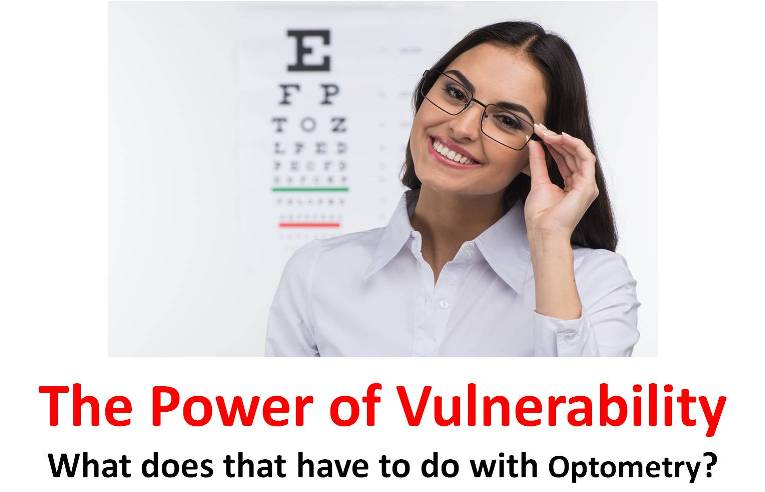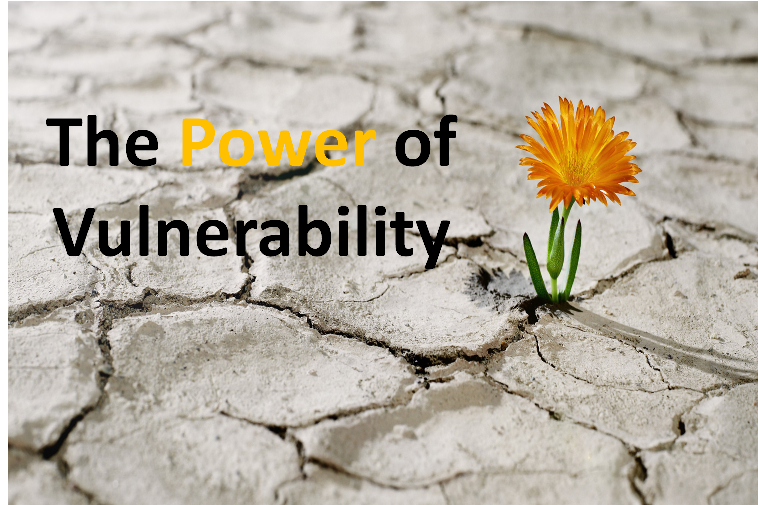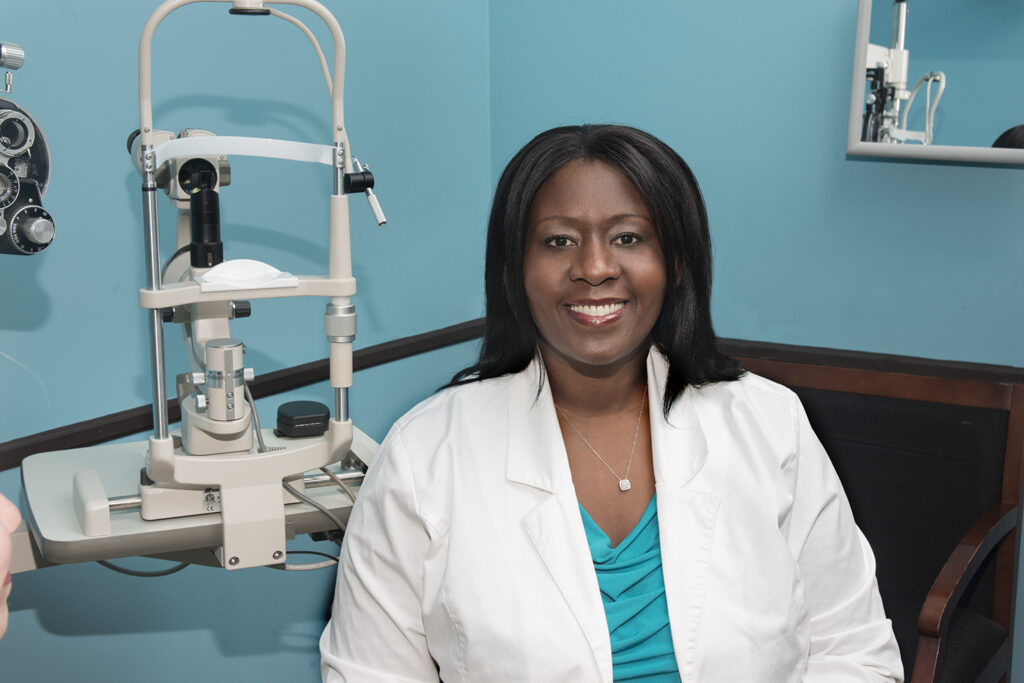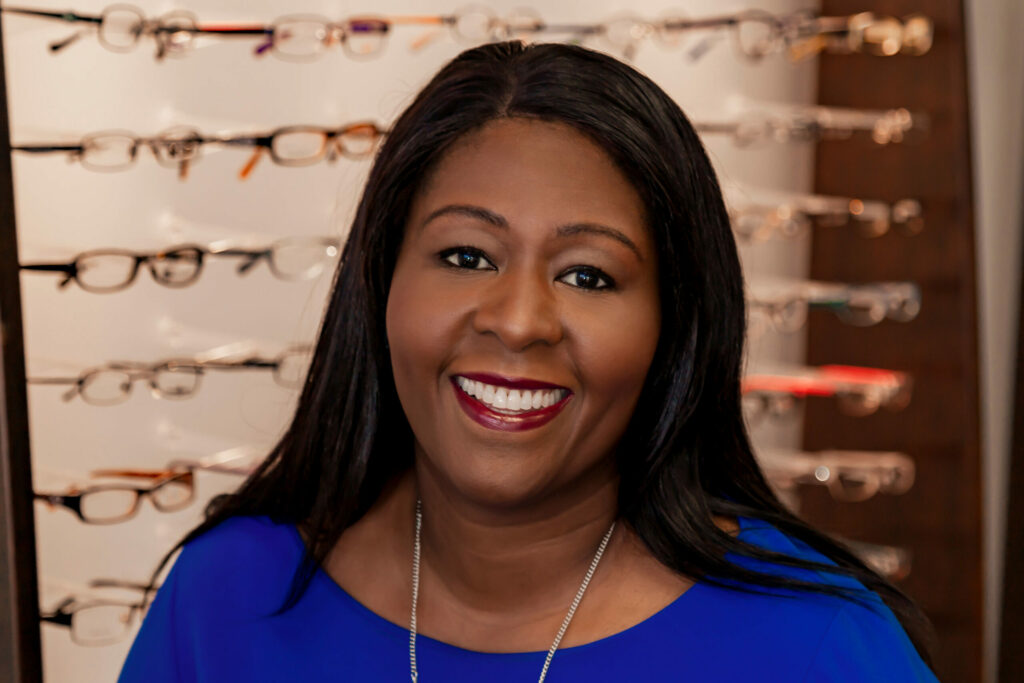The Power of Vulnerability – Why it’s important to your success as an OD!

Why All This Talk About Vulnerability?
I’m glad you asked! Whether you own a private or corporate practice or work as an associate, vulnerability is key to your success. As leaders and doctors, we are often taught to keep a distance and project a certain image—confidence, competence, and authority. While this may be necessary in some instances, it can also create a barrier between us and the people who trust us most—our patients. Vulnerability isn’t a sign of weakness; in fact, it’s one of the greatest strengths we can offer to those in our care.
During the day, we put on our professional masks. We might only disclose our vulnerability to a spouse or close friend behind closed doors at night, but rarely do we let it show during our workday—let alone with our patients. But here’s the paradox: we ask our patients to be vulnerable with us every day. We delve into their most intimate health concerns, ask them personal questions, and perform thorough exams—all within minutes of meeting them.
Is it fair to expect transparency from our patients while we remain emotionally guarded? Wouldn’t it be easier for them to open up if we were also willing to be vulnerable?
Vulnerability as a Path to Trust and Healing
As doctors, our job isn’t just to treat disease; it’s to partner with our patients on their journey toward better health. This partnership requires trust and connection—both of which are built through vulnerability. When we are open and authentic, we invite our patients to do the same. The result is a deeper bond that not only improves the patient experience but also yields better outcomes for both doctor and patient.
Take, for example, Dr. Rita Charon, a pioneer of narrative medicine. She emphasizes the importance of hearing a patient’s full story—beyond just their symptoms. In her words, “To see the suffering person behind the disease, doctors need to attend, listen, and be present.” Vulnerability allows us to connect with that person, not just diagnose their illness. This shift in approach can transform the doctor-patient relationship from transactional to relational, resulting in a more fulfilling experience for both parties.
How to Be Vulnerable with Your Patients
Being vulnerable in the healthcare setting doesn’t mean oversharing your personal life, but it does mean embracing your emotions and not allowing your ability to connect with a patient to go numb. Here are some practical ways to incorporate vulnerability into your patient care:
- Shed a tear after giving a difficult diagnosis. It’s okay to express your empathy through emotion. A tear shows that you are human and that you deeply care about the well-being of your patient.
- Hug a patient after a medical triumph. Celebrate their victory with them. A hug, or even a pat on the back, can reinforce that you are emotionally invested in their journey.
- Listen to their unspoken concerns. Sometimes what your patients don’t say is just as important as what they do say. Attune yourself to their body language, pauses, and emotional cues.
- Tell them that you get afraid too. Acknowledging that you also experience fear or uncertainty helps normalize their own emotions. It builds rapport and reassures them that they are not alone.
- Remember that we are all in this life together! Show kindness and compassion. At the end of the day, you and your patient are both human beings navigating life’s ups and downs.
These simple acts of vulnerability can have a profound impact on your patients. They foster trust, which is the cornerstone of every successful relationship—whether professional or personal.
A Story of Vulnerability in Medicine
Let me share the story of Dr. Sarah Smith, an oncologist who had to deliver devastating news to one of her patients. The patient, a mother of three, had just been diagnosed with stage IV cancer. Dr. Smith felt the weight of the news she was about to deliver, and her eyes welled up as she spoke with the patient. After sharing the difficult diagnosis, Dr. Smith reached across the table and held her patient’s hand. “I wish I could change this for you,” she said softly, her voice breaking.
The patient, though frightened, felt an overwhelming sense of comfort. She later told Dr. Smith that her vulnerability made her feel seen and heard—not just as a patient with cancer but as a mother, a wife, and a person who was scared. That connection gave her the strength to face her treatment with more hope and resilience. Vulnerability allowed Dr. Smith to turn a moment of fear into one of connection and support.
The Key to Success in Life: Relationships
In healthcare, it’s easy to get caught up in degrees, accolades, and achievements. But at the end of the day, the key to success is relationships. No app, technology, or AI can replicate the human connection that is built on trust, empathy, and vulnerability. These are virtues that we, as doctors, have the unique ability to bring to our practice.
If you want to become successful and secure your future as a doctor, vulnerability is key. Without vulnerability, there is no relationship; without relationship, there is no success. As Brené Brown wisely says, “Vulnerability is the birthplace of innovation, creativity, and change.” In healthcare, it’s also the birthplace of healing and trust.
Here’s a great video from the Cleveland Clinic showing the importance of Vulnerability and Empathy in patient care!
Call to Action
If you’re ready to incorporate more vulnerability into your patient care, take a small step today.
The next time you feel the urge to hold back, try sharing a bit more of your authentic self. Notice how it deepens your connection with your patients and improves their overall experience.
And if you’ve found these insights valuable, please share this blog with a colleague or leave a comment below. Let’s continue the conversation about the power of vulnerability in healthcare.
Here’s a wonderful video from the Cleveland Clinic showcasing the importance of vulnerability and empathy in patient care. Take a few moments to watch it—it will inspire you to see your patients through a new lens of connection.
Until next time, remember to keep your heart open to the possibilities of life and us at OptometryDivas.com!






Responses